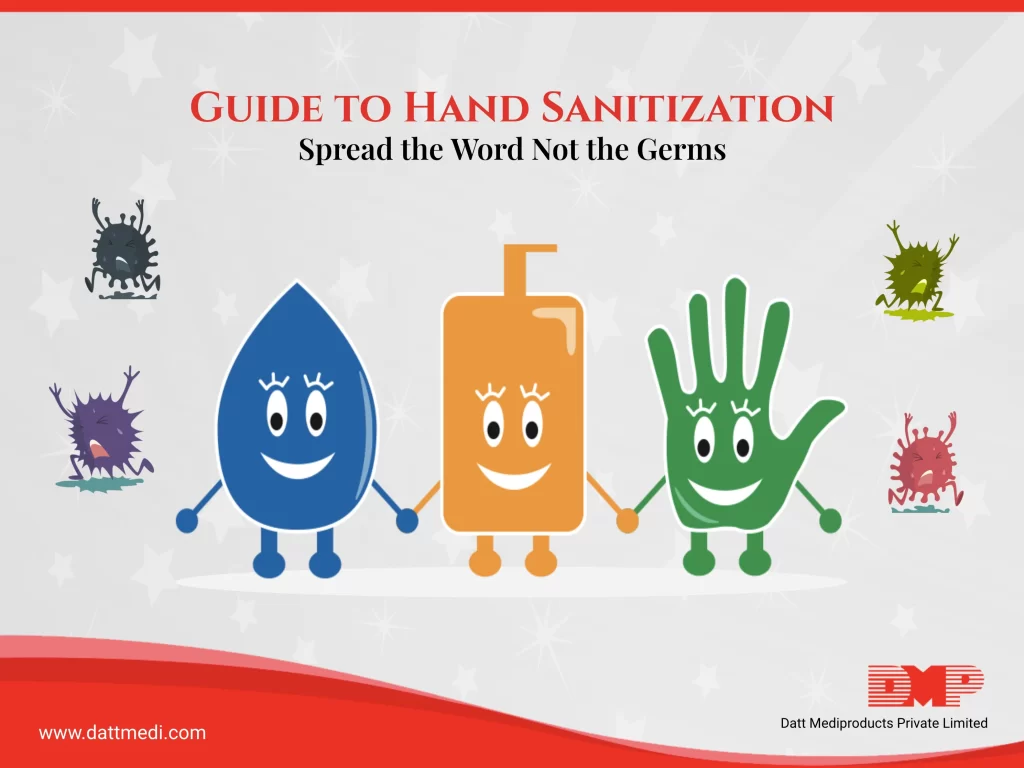
Research studies** done by experts have shown that thousands of people across the globe die due to germ infections transferred through hands. In our daily life, hands come in contact with lots of environmental factors leading to transmission from one to another.
Hence, hand hygiene is the prime factor to prevent the spread of diseases from germs. It should be the first step to good health, protecting the body against infections.
Hand Hygiene is a Prime Concern in Our nation
“According to recognized organization UNICEF, the people of India are not habituated to washing hands using soaps. The statistics say that 53% of population washes hands after defecation, 38% before eating and 30% before preparing food.” *
If we compare the percentage to the population in the country, then the number of people that have awareness seems very poor. It is a challenge to transform the mindset of people towards washing their hands automatically during their daily routines.
Do you know – October 15 is Global Handwashing Day
When should you wash your hands?
Handwashing with soap is a “do-it-yourself vaccine” that prevents infections and saves lives.
In our day-to-day life, we tend to do a lot of activities that lead us to come into contact with germs that we are not aware of.
- Before and after food preparation
- Every time you eat food items
- Treating cut wounds
- After treating a sick person
- After changing diapers of a baby
- After nose blowing/coughing or sneezing
- After using the toilet
- After touching an animal, animal feed or waste
- After touching garbage bag
Above mentioned are a few daily activities in which you have a higher chance of coming in contact with germs and only proper care can shield you from widespread diseases.
What to do if you don’t have soap and clean water?
There are times that soap and clean water are not readily available. In such circumstances, a hand sanitizer that contains 60% of alcohol, moisturizer, and a cleaning agent, can be used to kill 99.9% of germs. But handwashing is necessary when hands are visibly dirty or greasy.
Stop Germs Spread Smiles
To save yourself from the diseases spread through germs it is important to follow preventive steps. During cold and flu season it is crucial to stay hydrated and take plenty of rest. This helps give your immune system a boost and gives you strength to fight against the diseases.
Hand Hygiene is considered as the prime indicator to maintain good health in the healthcare system. The golden rule is to follow – Wash your hands frequently, to reduce the risk of developing gastrointestinal, i.e. stomach and respiratory infection.
Make it a good practice, wash hands regularly and timely to spread SMILES, not GERMS.




